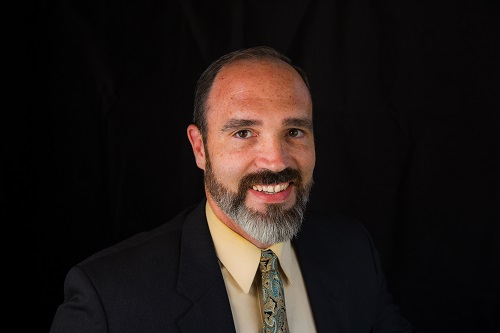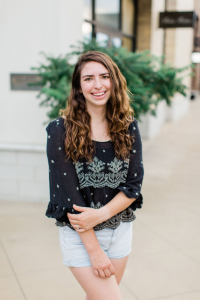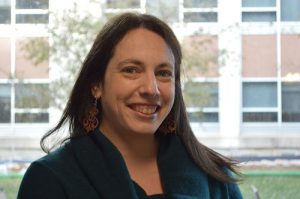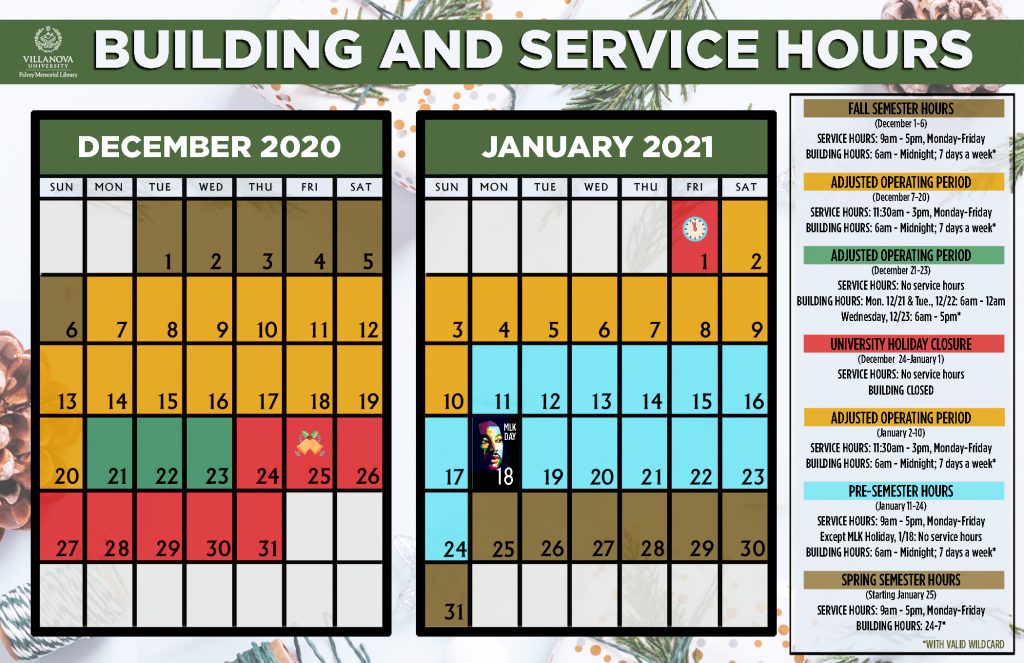Disposable Mask Waste on Campus: Please Be Mindful of Your Environmental Impact
 After reading about the 130 billion disposable masks used globally each month during the height of the pandemic, according to the Sierra Club, I couldn’t help but see all of the masks littered across the campus, even nearby the statue of St. Thomas of Villanova, the University patron.
After reading about the 130 billion disposable masks used globally each month during the height of the pandemic, according to the Sierra Club, I couldn’t help but see all of the masks littered across the campus, even nearby the statue of St. Thomas of Villanova, the University patron.
Additional research revealed the personal protective equipment (PPE) waste has been observed in the ocean and washing up on shores. It threatens ocean life, like whales and turtles.
And, according to a story from the MIT News Office, the cost to our environment will only continue. “The Covid-19 pandemic is estimated to generate up to 7,200 tons of medical waste every day, much of which is disposable masks. And even as the pandemic slows down in some parts of the world, health care workers are expected to continue wearing masks most of the time.”
I reached out to Villanova’s Sustainability Office to ask “what can we do?” Turns out masks are difficult to recycle, but the office found a company that handles them and responded, “If you collect them, we will fund a recycling solution.”
I expected to find a handful, maybe 50. But the problem of one person accidentally dropping a mask was magnified when there are thousands of students, faculty, staff, and visitors. I would collect what I saw along 2-3-mile runs, circling, eventually, the whole campus.

An example of a typical day’s route around campus.
Yet each morning I ventured out, there were new masks to find in the same places. Some days topped 40-60 masks, but it wasn’t until I passed 400 masks in less than a month that I understood the scope of the problem.
Why was this happening?
I never saw anyone drop a mask, so I pondered where they appeared and reflected about how they may have appeared there. While the whole campus had a least some mask litter, most was squished near cars, frozen on pathways, dangling from plants in front of academic buildings and residence halls…even blown against the fences of our beloved campus community garden.
As of this morning, Jan. 13, I have collected 729 disposable masks, along with 65 reusable ones.

It’s clear that this is not one person or group. It is a community problem. Likewise, this could be solved by the community. It takes all of us.
I know. Masks are no fun. Just one more thing to carry. And disposable masks (vital protection during a public health crisis) are treated like plastic bags or soda cans. If they are dropped, people don’t go back to find them, and if seen on the ground, they are ignored. But if everyone ignores them, what then?

A disposable mask, one of more than 794 masks collected, hanging from plants on campus.
In a community of thousands, nearly 800 masks left on the ground is completely avoidable. If our community can be mindful of their masks and reuse them, or discard them when they are worn out, we can reduce the issue, at least in our small community.
Better yet! Drop them off to me, and I’ll recycle them.
A big improvement would be to invest in reusable masks, but, at the very least, be as mindful of those items as you are of your phone.
If you dropped your phone, you’d go back to get it.
Villanova can be a model for how sustainability can succeed beyond campus. And working together to make small changes, just as we have to ensure campus environmental health and safety, we can model how to make a big difference in our world.
Learn more about the impact of mask waste (and possible solutions) during the pandemic through the Library’s digital resources:
“Face Masks, PPE and Throwaway Cutlery — After Covid, Where’s Next for Sustainable Packaging? The Global Pandemic Pushed Consumer Behaviour Back Toward Single-use Plastics to Avoid Contamination. So How Can Short-term Hygiene Requirements Be Balanced with Long-term Sustainability Goals?” The Guardian (London, England), 2021.
Hartanto, Broto Widya, and Dyah Samti Mayasari. “Environmentally Friendly Non-medical Mask: An Attempt to Reduce the Environmental Impact from Used Masks During COVID 19 Pandemic.” Science of the Total Environment, vol. 760, 2021.
Majerník, Milan, et al. “Environmental Waste Management of Disposable Surgical Coverage.” Polish Journal of Environmental Studies, vol. 30, no. 6, 2021, pp. 5163-5174.
Torres, Fernando G., and Gabriel E. De-la-Torre. “Face Mask Waste Generation and Management During the COVID-19 Pandemic: An Overview and the Peruvian Case.” Science of the Total Environment, vol. 786, 2021.
Venesoja, Anu, et al. “Healthcare Workers’ Experiences and Views of Using Surgical Masks and Respirators, and Their Attitudes on the Sustainability: A Semi-Structured Survey Study During COVID-19.” Nursing Reports, vol. 11, no. 3, 2021, pp. 615-628.
 Shawn Proctor is Communication and Marketing Program Manager at Falvey Memorial Library.
Shawn Proctor is Communication and Marketing Program Manager at Falvey Memorial Library.










 Rebecca Oviedo is Distinctive Collections Librarian/Archivist at Falvey Memorial Library.
Rebecca Oviedo is Distinctive Collections Librarian/Archivist at Falvey Memorial Library.



